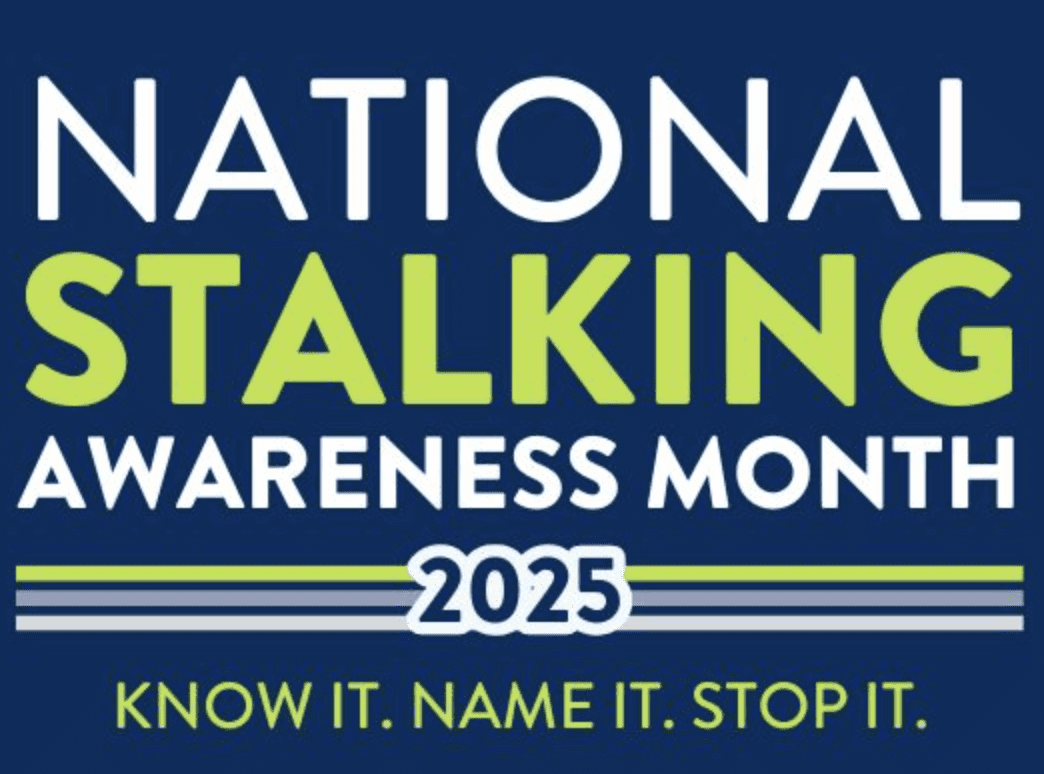By Henry Bernstein, D.O.
Tribune Media Services
Q: Are there any over-the-counter medications for coughs and colds that are safe for babies?
A: The short answer is no – over-the-counter cough and cold medications should not be used for babies. The safety risks of children’s cough and cold medications far outweigh any feelings of health benefit; multiple studies show that these over-the-counter treatments are no more effective than not giving anything at all.
In fact, the U.S. Food and Drug Administration (FDA) recently conducted a safety review on over-the-counter cough and cold medications. The FDA’s expert panel strongly recommends that no child under the age of 6 use them. A formal ban on cold and cough products for younger children will likely follow.
Most colds tend to get better on their own in seven to 14 days, without any special treatment. We can’t "cure" the common cold; and since it is an infection of the upper respiratory tract usually caused by viruses, antibiotics won’t help, either.
It’s hard to listen to your baby cough all day and all night. But remember, coughing is a reflex that the body uses to keep the airway clear of mucus, which is a good thing and is helpful in otherwise healthy children. In addition to the side effects, over-the-counter medications to suppress a cough may make it more difficult to know when your baby is getting worse.
If your child is under two years of age and develops a cough, you should discuss it with your pediatrician. Young children are at particularly high risk of having more problems with breathing, depending on what’s causing their cough (for example, croup, pneumonia, or pertussis, also known as whooping cough).
Treatment of a cold should include drinking lots of liquids to stay well-hydrated. To help loosen mucus secretions, consider using a humidifier that adds moisture (water) to the air. Keep children home from day care when sick.
Call your pediatrician if your baby has a high fever, any difficulty breathing, isn’t eating or drinking well (especially if you notice fewer diapers than usual), or has any other symptoms that are causing you to worry.
Some things that you can do to help prevent your baby from developing a cold include washing your hands before touching the baby, and insisting that visitors do the same. Wipe down all surfaces, wash toys and pacifiers thoroughly, and of course do your best to keep your baby away from anyone who may be sick. Of course, be sure you and your children have received all recommended vaccines for age, especially the flu vaccine each year.
(Henry H. Bernstein, D.O., is a Senior Lecturer in Pediatrics at Harvard Medical School. In addition, he is chief of General Academic Pediatrics at Children’s Hospital at Dartmouth and Professor of Pediatrics at Dartmouth Medical School. He is the former associate chief of General Pediatrics and director of Primary Care at Children’s Hospital Boston.)
(For additional consumer health information, please visit www.health.harvard.edu.)
(c) 2007 PRESIDENT AND FELLOWS OF HARVARD COLLEGE. ALL RIGHTS RESERVED.
DISTRIBUTED BY TRIBUNE MEDIA SERVICES, INC.



